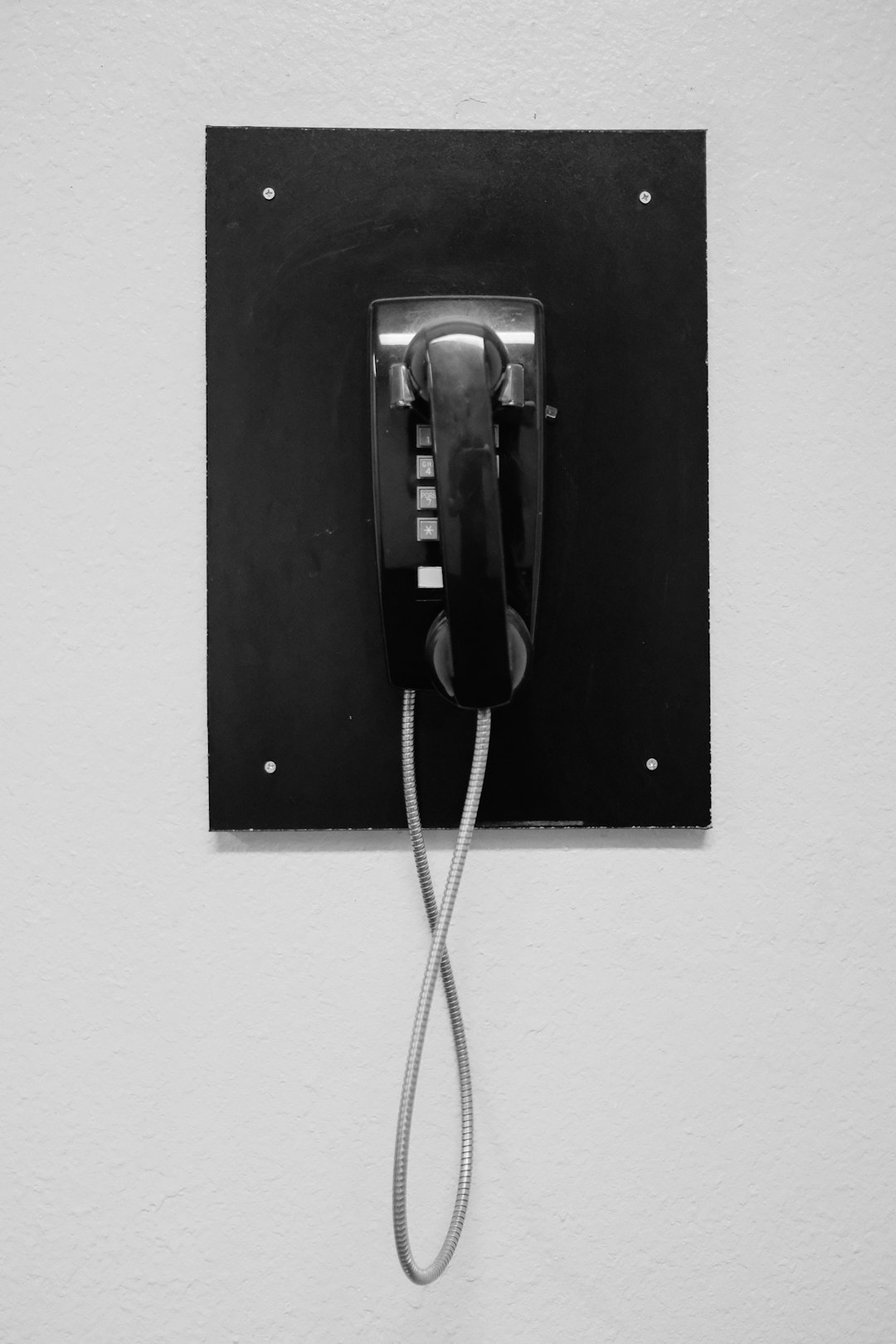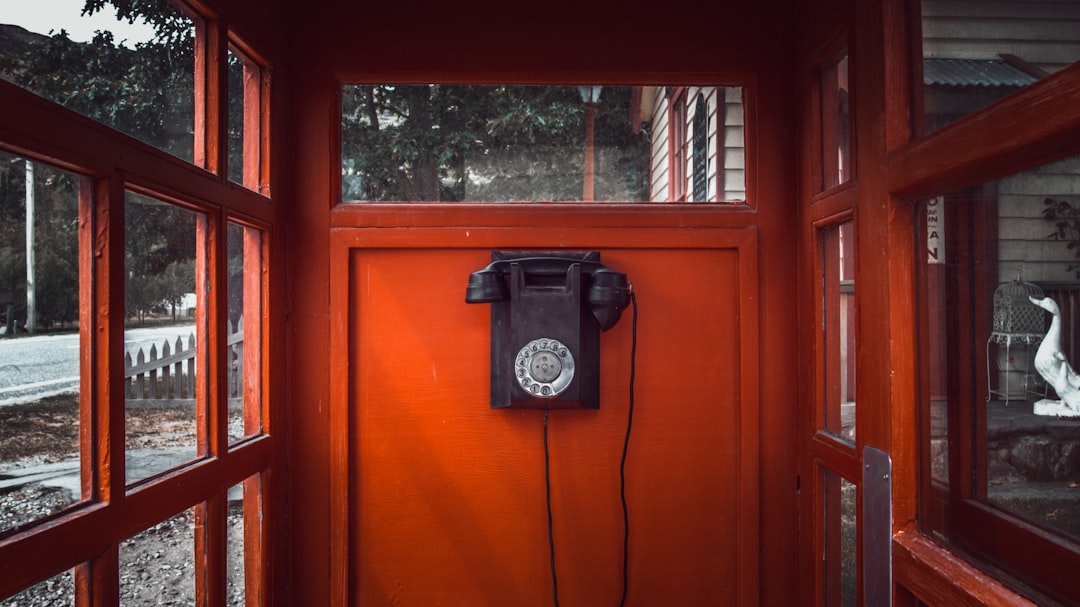The Telemarketing Scam Alert System, powered by Spam Call law firms in West Virginia, is a robust defense against growing telemarketing fraud. Using advanced algorithms and consumer feedback, it filters suspicious phone numbers, protecting residents from scams while respecting their privacy. Huntington, WV, has implemented this system, leveraging local law firm expertise to establish a model for other communities. West Virginia's strict spam call laws further empower citizens, fostering transparency between legal services providers and potential clients. The Alert System acts as a shield against fraudulent calls, benefiting both law firms by prioritizing legitimate cases and residents by controlling communication preferences.
Huntington, a forward-thinking community in West Virginia, has taken a significant step towards protecting its residents from telemarketing scams with the implementation of a cutting-edge Scam Alert System. This innovative initiative aims to mitigate the deluge of spam calls plaguing law firms and residents alike. By leveraging advanced detection technologies, Huntington’s system notifies users about potential fraudulent calls, empowering them to take proactive measures against these persistent nuisances. This article explores how Huntington is leading the charge in combating telemarketing scams and its positive impact on local communities.
Understanding the Telemarketing Scam Alert System

The Telemarketing Scam Alert System is a proactive measure designed to protect consumers in West Virginia from unwanted and potentially harmful spam calls. This system works by identifying and flagging suspicious phone numbers, helping law firms and individuals stay ahead of scammers who often target vulnerable residents. By utilizing advanced algorithms and consumer feedback, the alert system filters out legitimate business calls from fraudulent ones, ensuring that users’ time and privacy are respected.
In a state where many rely on their home phones as primary communication devices, this initiative is timely. The Spam Call law firm in West Virginia has played a pivotal role in implementing this technology, empowering residents to take control of their phone lines and avoid falling victim to telemarketing scams that can lead to financial loss and identity theft.
The Role of Huntington in Combating Spam Calls

Huntington, a vibrant city in West Virginia, has taken significant steps to combat the increasing issue of spam calls, which have become a nuisance for many residents. The city’s approach involves implementing a robust Telemarketing Scam Alert System, marking a crucial turn in the battle against unsolicited and deceptive phone calls. This initiative not only protects locals from potential fraud but also sets an example for other communities across the state and beyond.
Local law firms specializing in consumer protection play a pivotal role in this effort. They work closely with city officials to educate residents about their rights under the Spam Call law and to develop strategies that deter telemarketing scams. By combining legal expertise with community engagement, these law firms ensure that Huntington remains a step ahead of scammers, fostering a safer and more informed environment for its citizens.
West Virginia's Legal Framework: Anti-Spam Call Laws

In West Virginia, the legal framework surrounding spam calls is robust and aims to protect residents from unwanted and deceptive telemarketing practices. The state has implemented anti-spam call laws that are designed to curb abusive calling behaviors, ensuring consumers’ peace of mind. These laws are particularly important as they target law firms engaging in telemarketing activities, holding them accountable for their marketing strategies.
West Virginia’s spam call laws empower residents to take action against persistent and illegal calls. By establishing guidelines and penalties, the state encourages law firms to adopt ethical telemarketing practices. This includes obtaining explicit consent before making calls, providing a clear opt-out mechanism, and adhering to specified call times, thus fostering a more transparent and respectful relationship between legal services providers and potential clients.
How the System Works: Detection and Notification

Huntington’s Telemarketing Scam Alert System operates as a robust defense mechanism against fraudulent spam calls, targeting law firms and residents in West Virginia. The system employs advanced algorithms to detect suspicious phone numbers and patterns, analyzing call metadata at an unprecedented speed. Once identified as potential scams, the system immediately notifies users through multiple channels—text messages, emails, or app alerts—ensuring folks stay protected.
This proactive approach leverages technology to anticipate and counter telemarketing scams before they can cause harm. By implementing such a system, Huntington offers its clients and West Virginia residents a powerful tool against deceptive practices, enhancing the effectiveness of the Spam Call law firm’s efforts in maintaining a safe digital environment.
Benefits and Impact on Law Firms and Residents

Huntington’s implementation of a Telemarketing Scam Alert System offers significant advantages for both law firms and residents in West Virginia. For law firms, this system serves as a powerful tool to combat the rising tide of spam calls, which can be a nuisance and even a legal hazard. By filtering out fraudulent or unwanted calls, the alert system allows lawyers to focus on legitimate cases, enhancing their efficiency and client service. This technology ensures that valuable time and resources are not wasted on dealing with telemarketing scams, enabling law firms to prioritize complex cases and provide specialized services.
Residents of Huntington also reap substantial benefits from this initiative. The alert system provides a layer of protection against sophisticated and often persistent spam calls, which can be a source of stress and even pose security risks. By enabling residents to opt-in for specific types of alerts, they maintain control over their communication preferences while staying informed about important local services and updates. This personalized approach ensures that residents receive relevant information without being burdened by excessive or unwanted marketing calls, contributing to a safer and more peaceful living environment in West Virginia.






